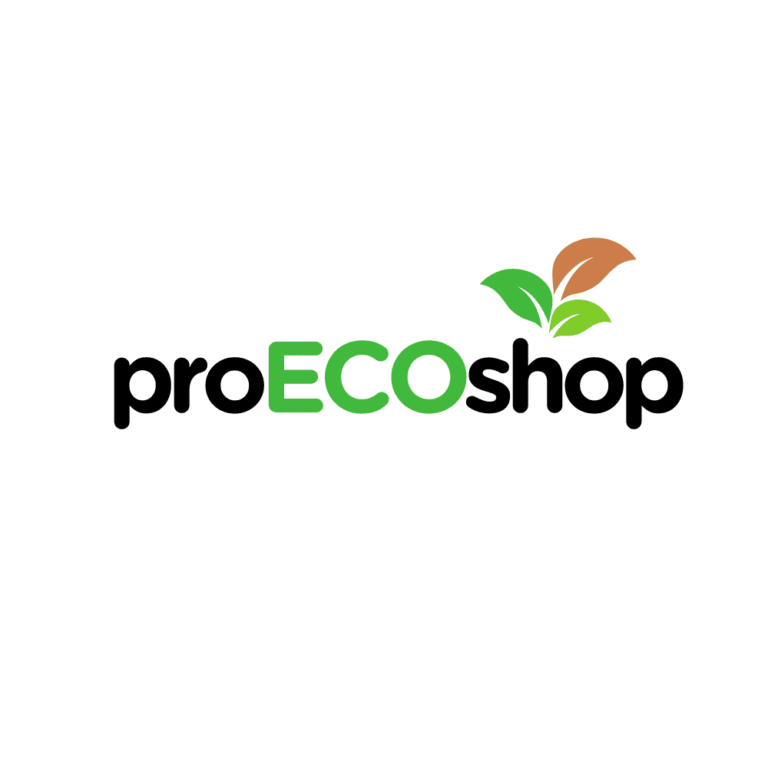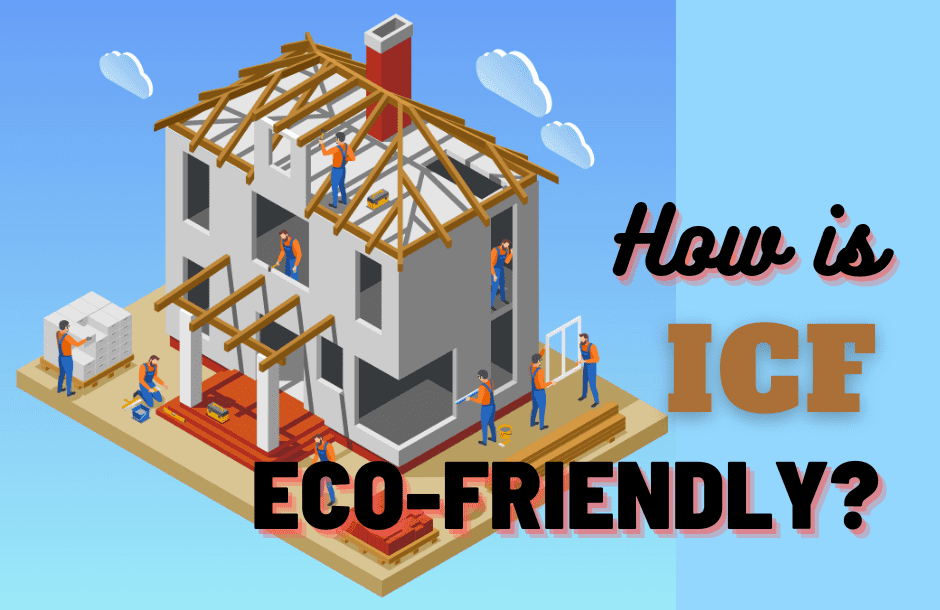Insulated concrete form, also known as ICF, is an eco-friendly construction material that is gaining in popularity. ICF is a great choice for both new construction and renovation projects, and it can be used to create a variety of different structures, including homes, schools, and businesses.
Insulated concrete form, or ICF, is an eco-friendly construction material that is made of two layers of concrete with a Styrofoam core. This core helps to insulate the home and keep it warm in the winter and cool in the summer. ICF is also fire-resistant and can help to reduce noise pollution.
how is insulated concrete form (iCF) eco-friendly?
Insulated concrete form or ICF is eco-friendly because it helps to insulate homes and buildings. This means that less energy is required to heat and cool the space, which reduces greenhouse gas emissions. ICF is also made from recycled materials, which helps to reduce the amount of waste in landfills.
The many ways ICF is eco-friendly
There are many ways that Insulated Concrete Form (ICF) construction is eco-friendly.
ICF construction uses fewer materials than traditional construction methods, and the materials that are used are often recycled or recyclable.
ICF buildings are very energy efficient, which reduces the amount of energy required to heat and cool the building, and also reduces the building’s carbon footprint.
ICF buildings also tend to be very durable, which means they will last longer and require less maintenance over time, further reducing the impact on the environment.
How ICF benefits the environment
Insulated Concrete Form or ICF construction is a green building technique that offers many benefits for the environment.
ICF construction uses insulated forms made of expanded polystyrene (EPS) foam to create a concrete wall.
The EPS foam forms a barrier that helps to keep the concrete warm in winter and cool in summer, reducing the need for heating and cooling. The concrete wall also helps to keep the interior of the home or building quiet and comfortable.
ICF construction is a very efficient way to build, using less concrete and less energy than traditional construction methods.
The concrete walls created with ICF construction are very strong and durable, and they can last for centuries. ICF construction is also non-toxic and does not produce any harmful emissions.
The benefits of ICF construction are not just limited to the environment. ICF construction is also very cost-effective, as it can save you money on your energy bills.
ICF construction is also quick and easy to install, and it can be used to create a variety of different types of buildings.
The positive impact of ICF on climate change
The use of insulated concrete form or ICF construction is a eco-friendly way to build homes and commercial structures.
The ICF forms are made with recycled materials and they are recyclable. The use of ICF reduces the carbon footprint of the building.
The ICF forms create an airtight seal which reduces the energy required to heat and cool the building. The ICF forms are made of concrete which is a natural insulator. The use of ICF reduces the embodied energy of the building.
How ICF contributes to a sustainable future
Insulated Concrete Forms (ICF) are a sustainable building material that has a number of advantages over traditional construction methods.
ICF walls are extremely energy efficient, which reduces the overall energy consumption of a building. They are also very durable, which reduces the need for repairs and maintenance over the life of the building.
In addition, ICF walls can be made from recycled materials, further reducing the environmental impact of the construction process.
key takeaways
An insulated concrete form is a sustainable material to use in building a greener home. It is made of recycled materials and is energy efficient. It also has a long lifespan, making it a cost-effective option.
Want to know more about various ECO-FRIENDLY products and guides?
Check out our latest articles and tips for enjoying your simple and sustainable life.

